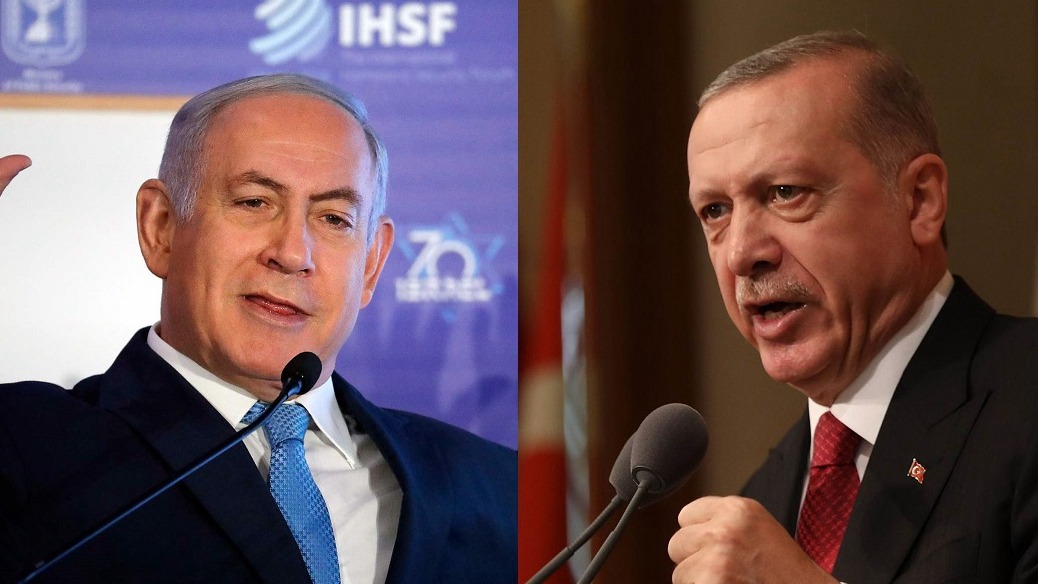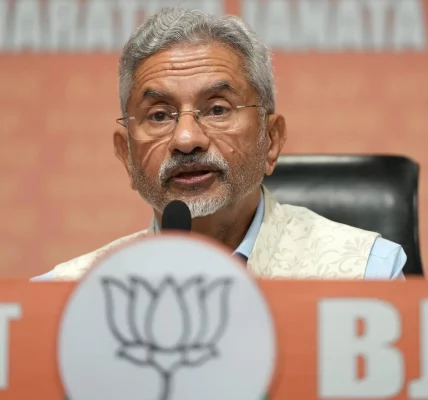A growing trade war between Turkey and Israel has taken yet another turn for the worse as Israeli Foreign Minister Israel Katz publicly called Turkish President Recep Tayyip Erdogan a “dictator”. The incident comes on the heels of Turkey’s announcement to block virtually all trade with Israel in response to the ongoing crisis in Gaza.
The $7 billion in annual trade has been effectively severed as Israel’s foreign minister criticized Erdogan’s ‘uncompromising attitude’ towards the humanitarian crisis in Gaza. The dictator labeling of Erdogan represents a new low in the Israel-Turkey’s faux but still present diplomatic relations and could have significant repercussions for regional stability as well as international diplomacy.
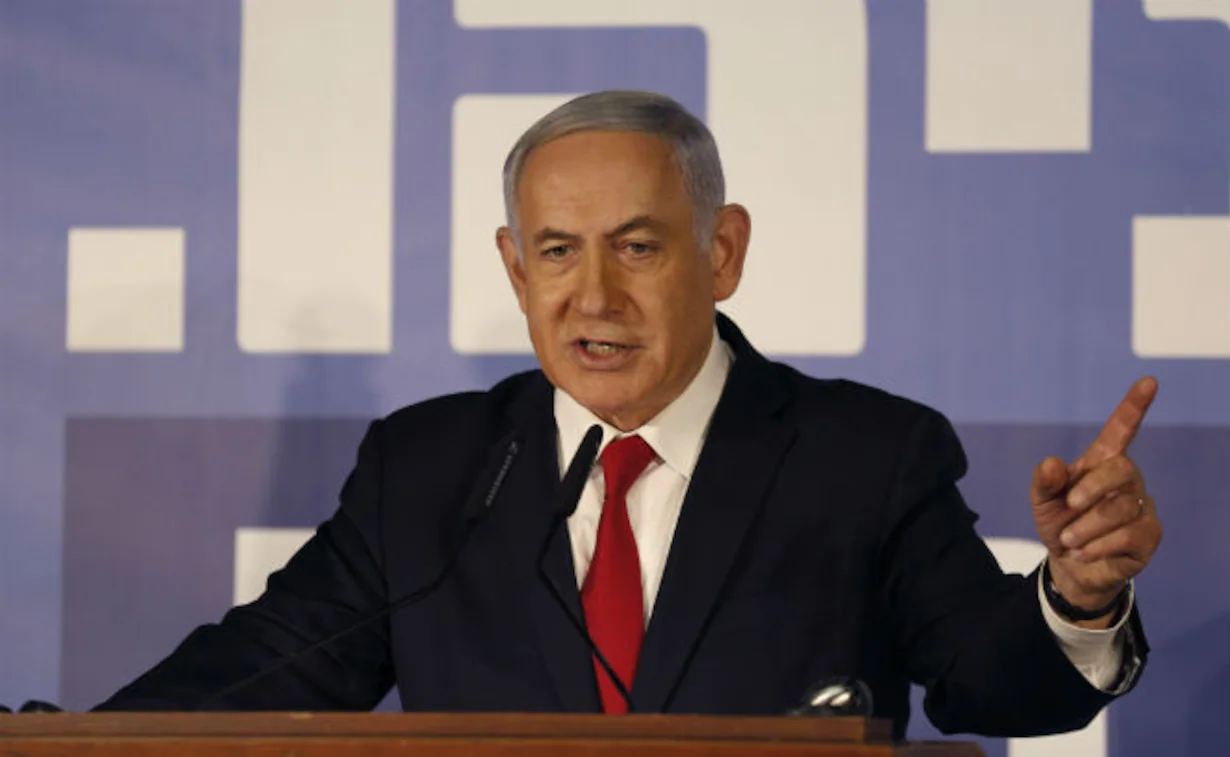
Page Contents
Background of Turkey-Israel Relations
The diplomatic and economic relations between Turkey and Israel started on March 1949, when Turkey has officially recognized, thereby, have become the first Islamic nation to acknowledge Israel’s sovereignty. Throughout the 1950s, two countries have been working on several regional security measures together, establishing its connections over years. The economic relations between Turkey and Israel had developed a robust foundation in the 1990s and 2000s.
By 2006, the trade volume has made $2.6 billion, while in 1992, this number did not exceed three million dollars. Thanks to cooperation in the spheres of defense, technology, agronomy and others, the economic ties between the states has been strengthened. However, the situation started to change for the worse in the mid of 2000s. Turkish Prime Minister Recep Tayyip Erdogan has been gradually taking a critical stance on one of Israel’s operations in Gaza and its treatment of Palestinians.
In 2010, the IDF raid of the Gaza flotilla – a convoy of six pro-Palestinian ships, including one Turkish – led to the death of nine Turkish citizens, adversely affected relations between the states. In the last years, the situation worsened due to Turkey’s support of Hamas and criticism of Israel’s politics in the West Bank and Gaza, among others. Given all these factors, along the realignment of power in the region and the political environment, Turkey made the decision to fully turn its back on Israel and cut trade relations, while the Israeli Foreign Minister, after the decision was announced, named President jutawanbet Erdogan “a dictator”.
Israel’s Foreign Minister’s Statement on Erdogan
After Turkey severed trade ties with Israel, Israeli Foreign Minister Israel Katz sharply condemned Turkish President Recep Tayyip Erdogan as a “dictator.” This criticism would be a direct impact of Erdogan’s “uncompromising attitude” towards the humanitarian situation in Gaza and a direct follow-up comprehensive trade ban.
Katz’s criticism of Erdogan as a dictator draws attention to Erdogan’s increasingly autocratic presidency in Turkey. It is clear that the statement is also a response to Israel’s grievances over Turkey’s support of Hamas and criticism of Israeli policy in the West Bank and Gaza. Katz’s use of strongly worded language is undoubtedly an indication of a breakdown in bilateral relations. More generally, the statement suggests that Israel will not tolerate hostile Turkish moves or rhetoric.
However, the further downturn in bilateral relations may have more far-reaching implications for international stability and diplomacy. Turkey and Israel are two primary regional powers in the Middle East. Antagonism between the two may alter the dynamic of the regional power balance as well as regional peace processes. Erdogan is also a critical voice on the Israel-Palestine debate, as is combining interests that extend beyond foreign policy to security, trade, and energy.
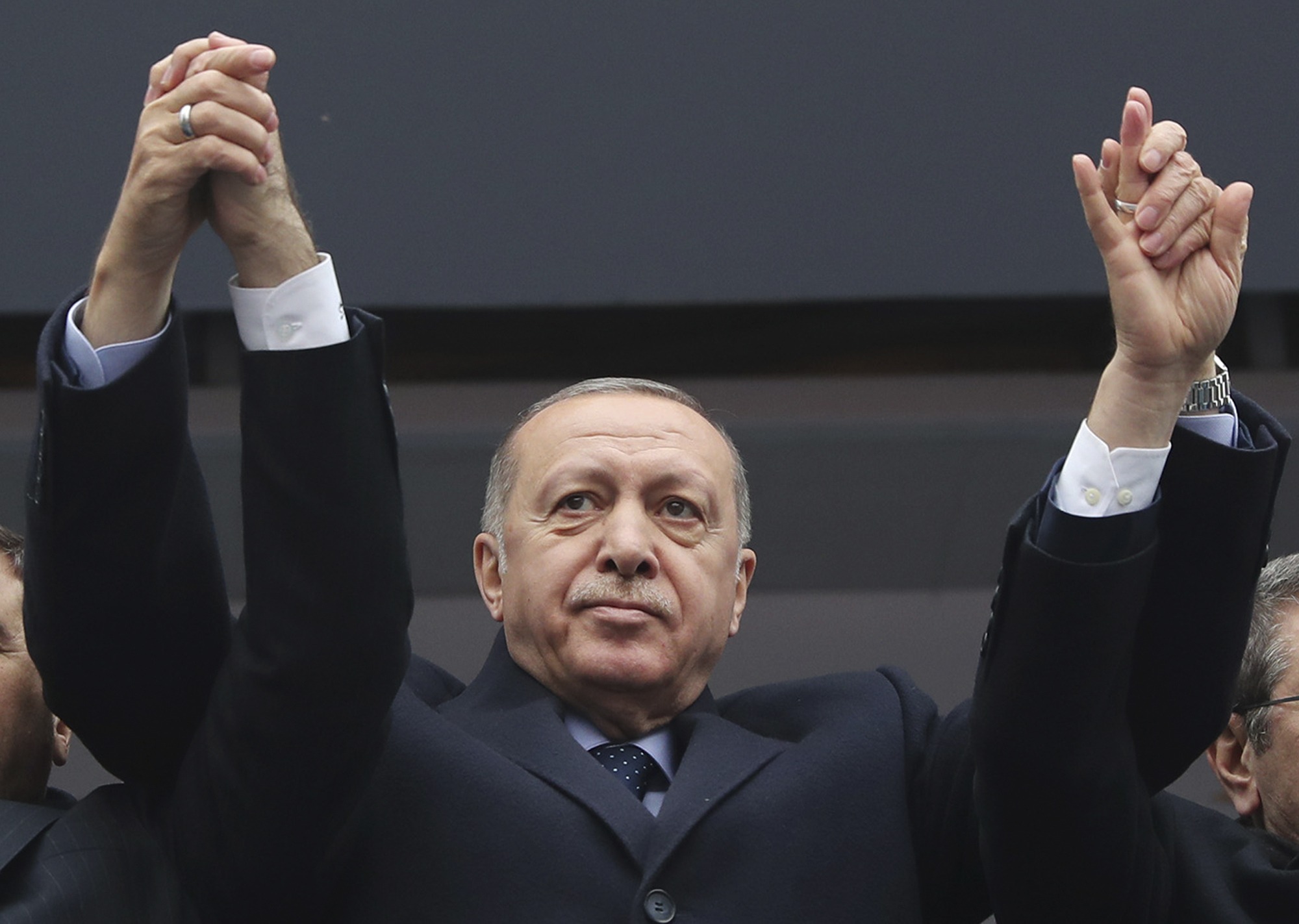
Turkey’s Response and Public Opinion
Following the statement made by Israeli Foreign Minister Israel Katz that labelled President Erdogan a dictator, the Turkish government has strongly condemned the comments. Specifically, the Turkish government viewed the statement as unacceptable and directed a blatant interference with the nation’s internal affairs. Accordingly, summoning the Israeli ambassador to Ankara, the Turkish Foreign Ministry clearly communicated their condemnation.
More specifically, the government response demonstrated the country’s commitment to self-sovereignty and its freedom to heavely and openly affirm its position against outside pressure. Indeed, the intense reaction, therefore, signals the increasing strength of Turkey in the international area and a general willingness to challenge and respond to other powers. Despite the intense government reaction, the Turkish public largely supported the President’s decisions to stop trade activities with Israel over the Gaza conflict.
In general, the public view holds that Erdogan’s decision was the right and required response to the hostile activities against Palestinians, and primarily the children, showcasing their commitment to the Palestinian issue. Consequently, the action strengthened Erdogan’s position in the country and effectively diminished international criticisms. Essentially, the measure taken had nationalistic and reinforced the public’s support for the administration created a boisterous environment that loudly echoed country’s commitment to sovereignty and their right to sovereignty.
International Reactions and Implications
Israel’s Foreign Minister Israel Katz’s statement labeling Turkish President Erdogan as a dictator has received varied responses from the international community. The United States, the European Union, and Arab nations have responded by expressing concern and support in the aftermath of the diplomatic row. The response by the US was a human caution New relations with Turkey was concerned by the Israelites state including Europe and anyone else regarding the recent draw with Turkey and Is Real.
The Department of State called for restraint and moderation as the crisis in Jerusalem continues to escalate. The U.S. has always advocated for dialogue and cooperation to end conflicts while also addressing humanitarian concerns. The European Union also urged both parties to use retrain and constructive dialogue. The EU’s High Representative for Foreign Affairs, Josep Borrell, has finally said over the day Protested are you Lee and Jerusalem in violence violence Combining parties cooler had underlined the need for a Gilead prevent Michigan Annawadi The Gazelle violence must stop for while the Israel state have naked be all not third and impossible area of foreseeable.
Arab nations have had varying responses to Israel’s statement. While some, such as Qatar and Kuwait, support Turkey’s stance, others, such as Saudi Arabia and the United Arab Emirates, have stayed relatively neutral. The varying reactions are a clear indication of the complex political scenarios in the region are influenced by alliances and rivalries. The implications of the Israelite states of foreign minister.
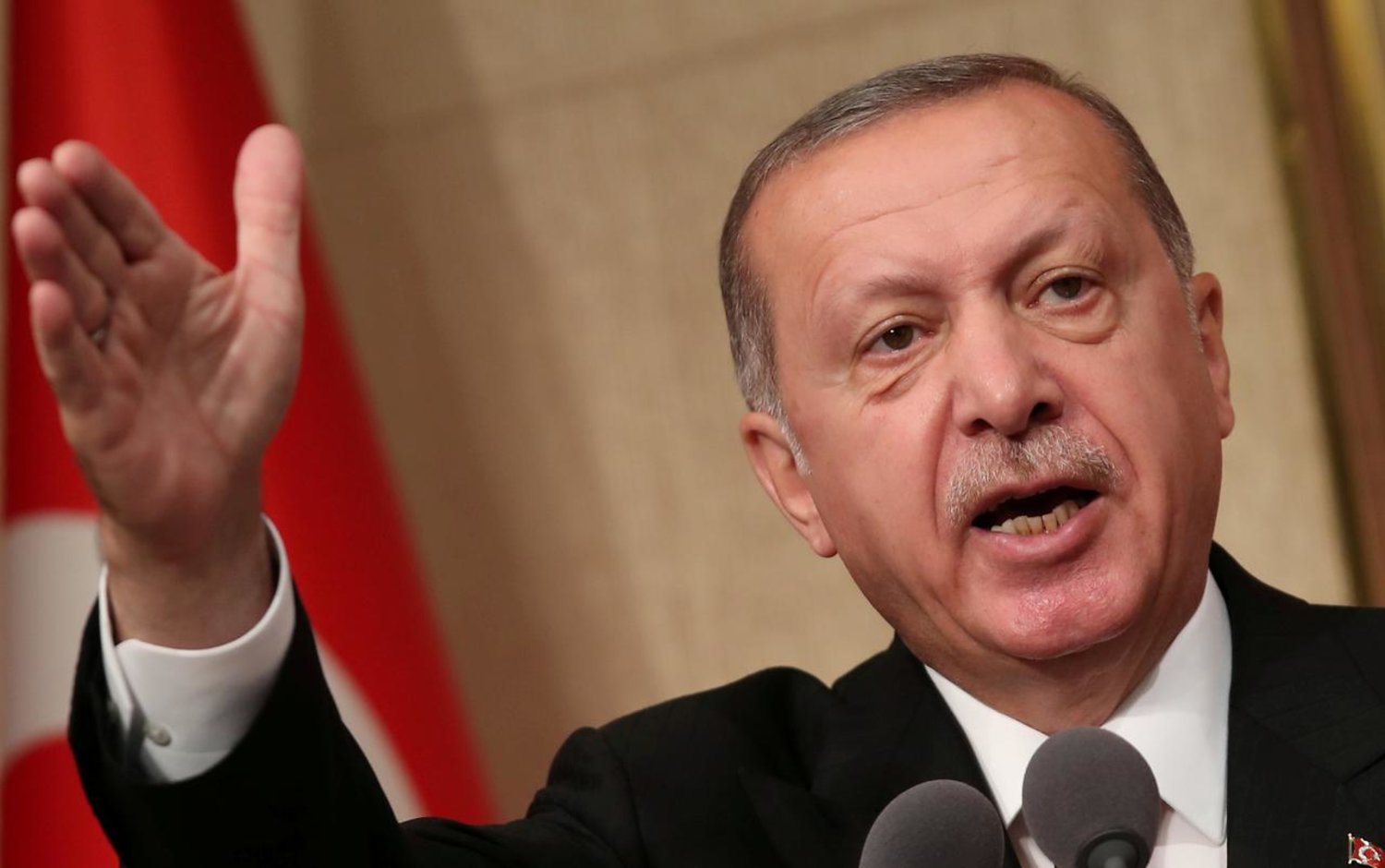
Potential Future Scenarios
It is difficult to predict what the future holds for Turkey-Israel relations, and various scenarios can be considered based on the current developments. On the one hand, the situation might continue to escalate if Israel’s military actions in Gaza persist and Turkey responds by implementing additional measures, such as sanctions or political pressure, including reducing the status of its mission in Israel. In contrast, the diplomatic initiatives could be pursued, given that the international organizations and local actors may try to mediate between Israel and Palestine.
In this case, Turkey and Israel might agree to undertake certain measures to signal a behavioral change and address their concerns to find common ground for reversing the current trend and re-establishing the trade relationship. Several conditions must be met for Turkey and Israel to ease their rhetoric and restart diplomatic negotiations. These conditions would likely involve a ceasefire in Gaza, a commitment to refraining from inflammatory statements, and a readiness to hold productive conversations about issues of mutual concern.
Ultimately, the future direction depends on the actors’ decisions and actions and the broader geopolitical context of the crisis. Nevertheless, both Turkey and Israel should try to solve their differences in a peaceful and diplomatic manner and work toward regional stability.
Conclusion
As Turkey and Israel grapple with the fallout of this diplomatic crisis, their actions and decisions will have lasting implications for the future of bilateral relations and regional stability. Ultimately, the pursuit of peace and cooperation must remain a priority for all parties involved, emphasizing the need for constructive engagement and a commitment to resolving conflicts through peaceful means.

